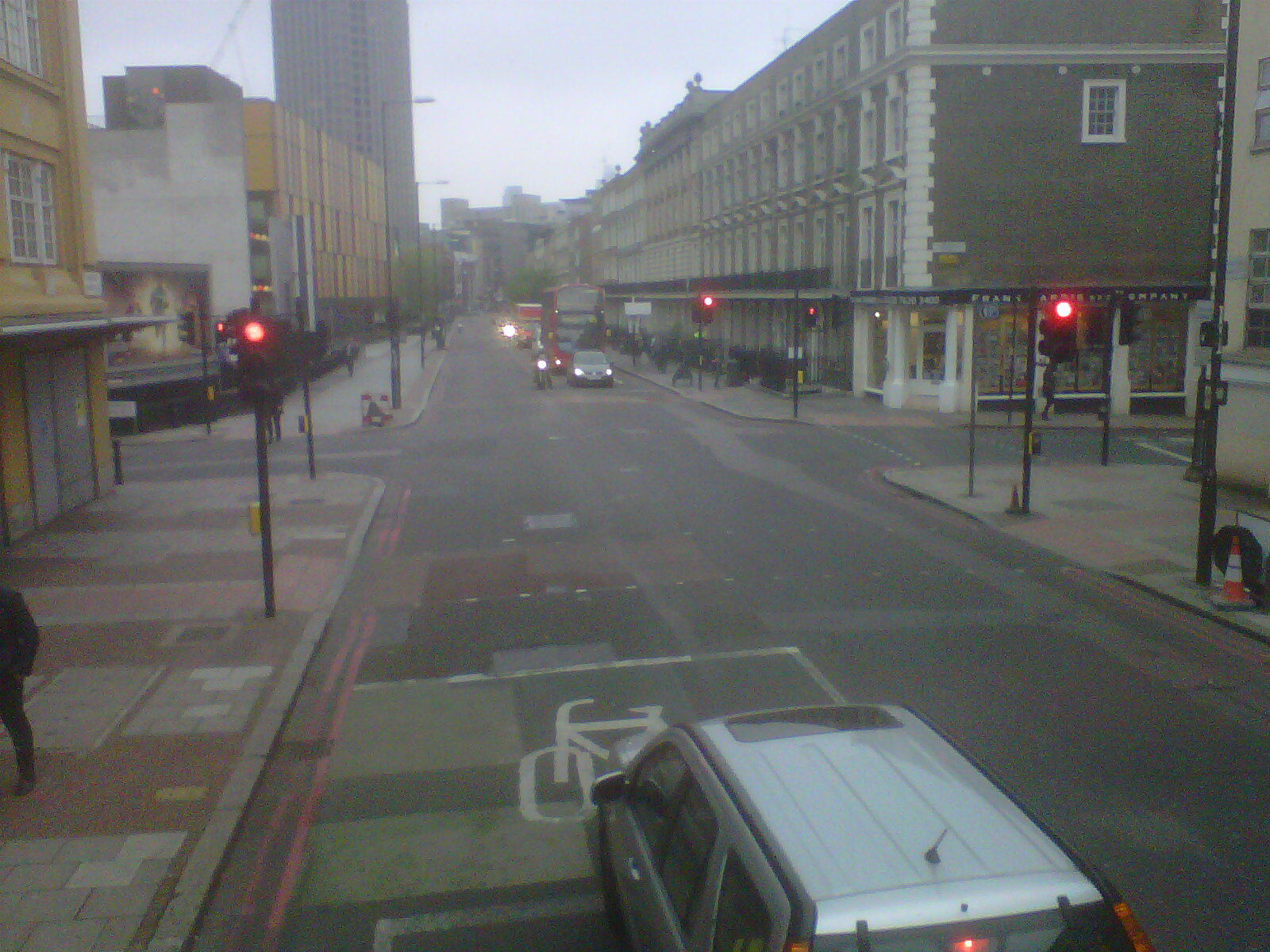In his comment piece on Mastering the Internet through surveillance of emails, etc. Henry Porter laments “the complacency [of] centre ground commentators … who seem happy with losing a little liberty to make the world safer. None … compared their government’s response to the loss of life from terror with its response to the vastly greater and no less ugly loss of life from gun crime”; or, I would add, its ZERO response to the vastly greater (again) loss of life from an unequal traffic control system.
-
Recent Posts
Recent Comments
- Manslaughter charges at last? - Equality StreetsEquality Streets on Admission
- OK, Really, What About The Roads? on Priority
- The unbearable crassness of agreeing - Equality StreetsEquality Streets on War on Britain’s Roads
- Accidents at Traffic Lights – Lets End The Madness | StrikeEngine – Car Tuning on Four Thought – correction
- Albert Slawson on Contact and links
Meta

